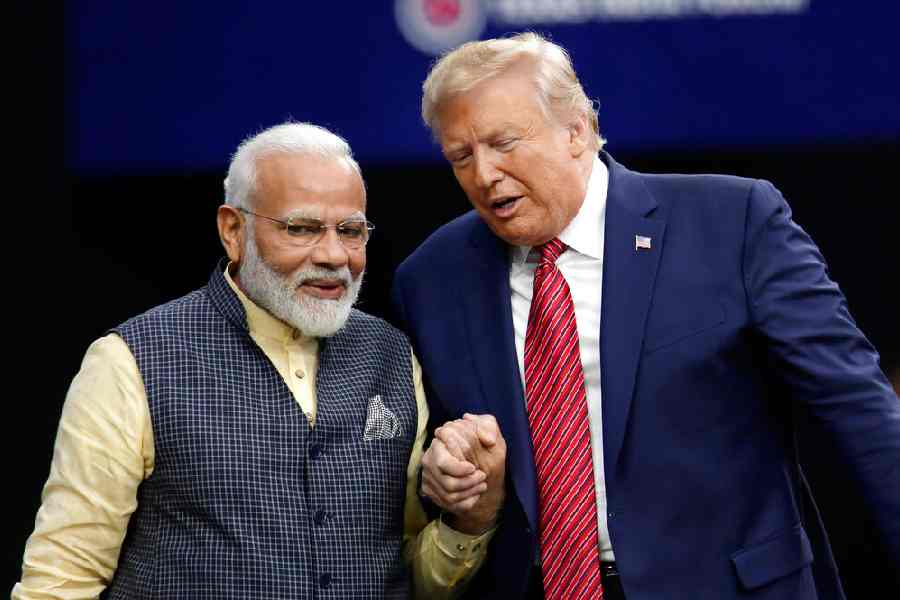When I was 14, I was asked to fetch some baklava from the basement of the Turkish restaurant where I worked after school. Whatever startling vision I confronted down there has grown blurry with time, but the resulting epiphany is clear to this day: meat, I realised, wasn’t just a dish you forked into your mouth at dinner. It was flesh — muscle and fat, parts of an animal that once lived and moved and felt — stuff that could take a while to chew. The tongue in the tongue passed to me on a plate wasn’t just the name of the dish; it was actually a cow’s tongue. Chopped liver was once a functioning liver.
Before that seismic basement excursion, I loved eating meat — whether crispy bacon or the Philadelphia sandwich at J.J. Applebaum’s. But since climbing those stairs, I haven’t touched it. There was nothing high-minded about my move to pseudotarianism. (I still eat fish and fowl.) I wasn’t thinking about animal rights or carbon emissions or food justice or even my cholesterol. This was a primal, gut-level decision.
Over time, however, bypassing meat has become increasingly viewed not as an individual choice but as a political decision and one leaning distinctly to the left. Some argue that not eating meat is deeply intersectional. That it’s tied to Black Lives Matter. That consuming meat is overly capitalist — or maybe veganism itself has become too capitalist. Whatever! Red meat increasingly appears to equal red state.
Naturally, meat eaters have willfully engaged. ‘Go woke, go broke,’ one customer wrote on Cracker Barrel’s Facebook page after the restaurant chain announced its new meatless sausages last summer. “Read the room and understand your base,” raged another. (It is doubtless unrelated but impossible to resist noting that the then-chief operating officer of Beyond Meat, a major producer of plant-based meat alternatives, was arrested in October after being accused of biting a man on the nose during a road rage confrontation.)
Meanwhile, after testing meatless burger in several markets in the United States of America, McDonald’s discontinued its unpersuasive McPlant in 2022. According to Bon Appétit, McDonald’s probably alienated both ends of the political spectrum, with vegetarians seeing through the company’s “corporate greenwashing” and many loyal customers viewing fake meat as “‘woke’ and disgusting”. In Britain, the home secretary, Suella Braverman, a Conservative, deemed her political opponents “tofu-eating wokerati”. This was a world in which, according to The New Statesman, “a vegan sausage roll was performatively woke.”
So while we’re in the month some call Veganuary, it’s worth asking: is being a vegetarian now a sign of wokeness? If so, does that make going vegan the gustatory equivalent of storming the Bastille? And will potential vegetarian converts give in to bologna because they don’t want their diets to clash with their ballots?
Please, let’s not.
There’s more than enough two-dimensional thinking in our hyperpolarised landscape without turning tofu patties into a partisan issue. Certain segments of consumer culture have already become divided along party lines. Applebee’s is apparently a red chain, while Chipotle Mexican Grill runs Democratic; jeans are also effectively labelled red or blue. One survey found that nearly 40% of people had bought a product for the first time solely because they approved of a brand’s position on a controversial societal or political issue.
Yes, there’s a leftward tilt among the roughly one-tenth of Americans who are mostly vegan or vegetarian: about 6% of Republicans and 12% of Democrats. But according to Pew Research, “divides over food do not fall along familiar political fault lines.” Instead, “they tie to individual concerns and philosophies about the relationship between food and well-being.” Most food issues, like genetically modified and organic foods, split Republicans and Democrats fairly evenly. Similarly, support for the use of animals in scientific research tends to divide evenly between both parties. Even the former president, Donald Trump, signed a bipartisan bill limiting the use of dogs in research.
It might unnerve spinach-eating purists to know that among the vegan mafia of Silicon Valley investors in plant-based food companies are the über-Trumper, Peter Thiel, and the erstwhile vegetarian, Elon Musk, whose Teslas feature only vegan leather. John Mackey, the founder of Whole Foods, who said he is a “100% plant-based” eater, is also a die-hard libertarian who complained about “socialists taking over” when he retired last year. Herschel Walker is largely vegetarian, and lest we forget, so was Adolf Hitler.
People stop eating meat for all kinds of reasons, with health far outweighing other considerations, be they environmental, social, religious, taste or lifestyle. Assuming they have the luxury to choose, what people eat is the epitome of individual choice. Opening or shutting their mouths to mushy peas is basically the first exertion of control babies can make. Anyone with exposure to teenagers (two of mine bypass all meat) knows that what a 15-year-old shovels down his/her gullet is entirely in the hands of that 15-year-old.
Recent years have seen an acceleration of efforts to politicise food in all kinds of ways, whether charging cookbook authors with cultural appropriation or urging people to decolonise their diets. And let’s not forget the ludicrous efforts by Republicans to rename French fries to penalise France for its position on the Iraq War. (French fries are almost certainly Belgian. Belgium was one of history’s most vicious colonisers. Like most things, edible or not, it’s complicated! But whatever.)
Here’s something that has become depressingly simplistic: what helps one side of the political spectrum usually just antagonises the other. A recent report by Deloitte found that sales of plantbased foods are starting to stagnate partly because of “cultural resistance to a product some view as ‘woke’.” Overtly shoehorning people’s diets into our dismal left-right divide does no favours to those for whom advancing vegetarianism is a cause. And really, is anyone looking forward to more polarisation?
While some partisans revelled in the free-for-all that became the Cracker Barrel Facebook page (“I twisted my ankle running to this comment section to see all the clogged artery rage over this”), other commenters clearly showed fatigue. “Such is the toxicity of our time: Menu options are now perceived political slights,” one sighed. “What a world.”
Indeed. Pass the fries.
(New York Times News Service)











